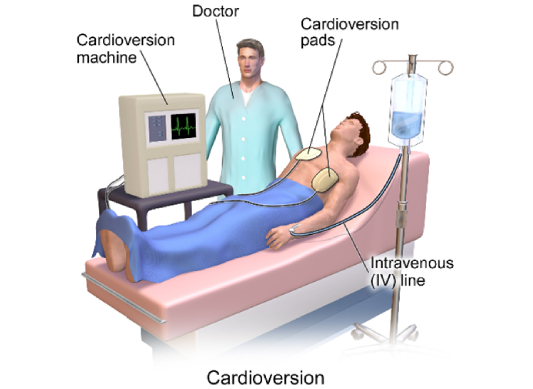
Interventional
Interventional Cardiology is a non-surgical option which uses a catheter which is a small, flexible tube to repair damaged or weakened vessels, narrowed arteries, or other affected parts of the heart.
The main advantages of using this approach are the avoidance of the scars, pain, and long post-operative recovery associated with open heart surgery.
Procedures
PCI
It opens up a coronary artery to restore blood flow. PCI can be an emergency treatment or a scheduled procedure to treat chronically inadequate blood flow to the heart.

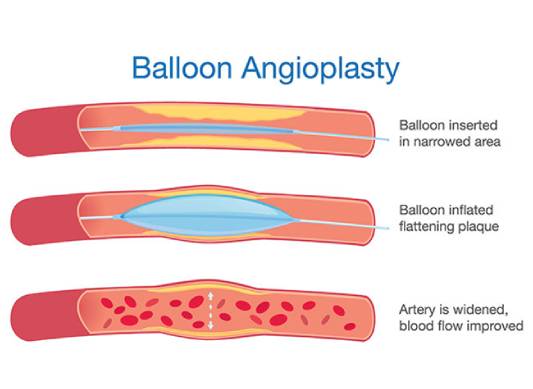
Balloon Angioplasty
A catheter with a balloon at its tip is guided up to the blocked artery, the balloon is inflated at the site of the blockage, stretching open the walls of the artery which improves blood flow to the heart
Atherectomy
It is a procedure which widens narrowed arteries by removing accumulated plaque, via catheter with a specialized tip. It is often done during a balloon angioplasty.
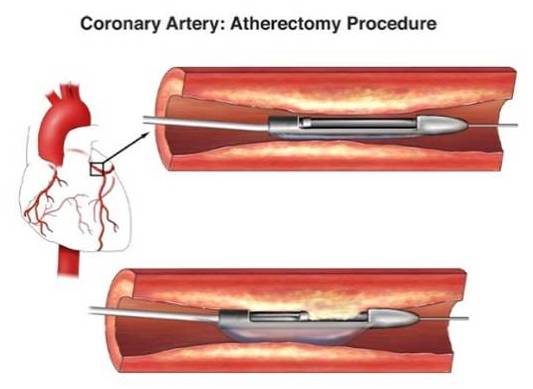
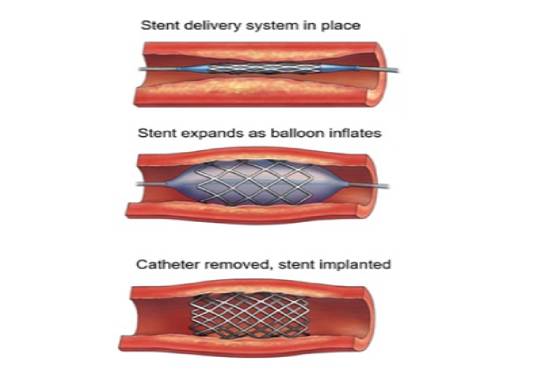
Stent Implantation
Stent is a small metal coil or mesh tube which may be placed in the artery to keep newly opened arteries from collapsing.
Intra – Aortic Balloon Pump
An intra-aortic balloon pump (IABP) helps your heart pump more blood. You may need it if your heart is unable to pump enough blood for your body.
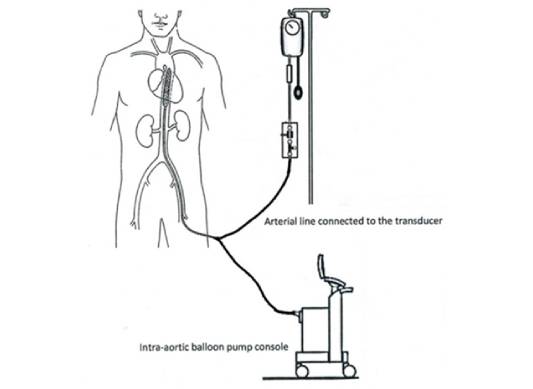
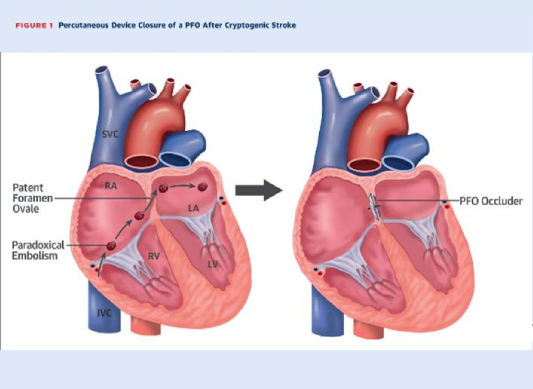
Patent Foramen Ovale Closure
A small opening in the wall between the right and left upper chambers of the heart during fetal development, called the foramen ovale, which circulates blood from the mother to the baby. This opening normally closes during infancy. If it doesn't close, it's called a patent foramen ovale. Which recently can be closed without opening the heart via a catheter procedure.
Electric Cardioversion
Electric current produced via the cardioversion machine is used to reset the heart's rhythm back to normal sinus rhythm. The electric current is transmitted to with the help of pads which are sticked to chest wall.
